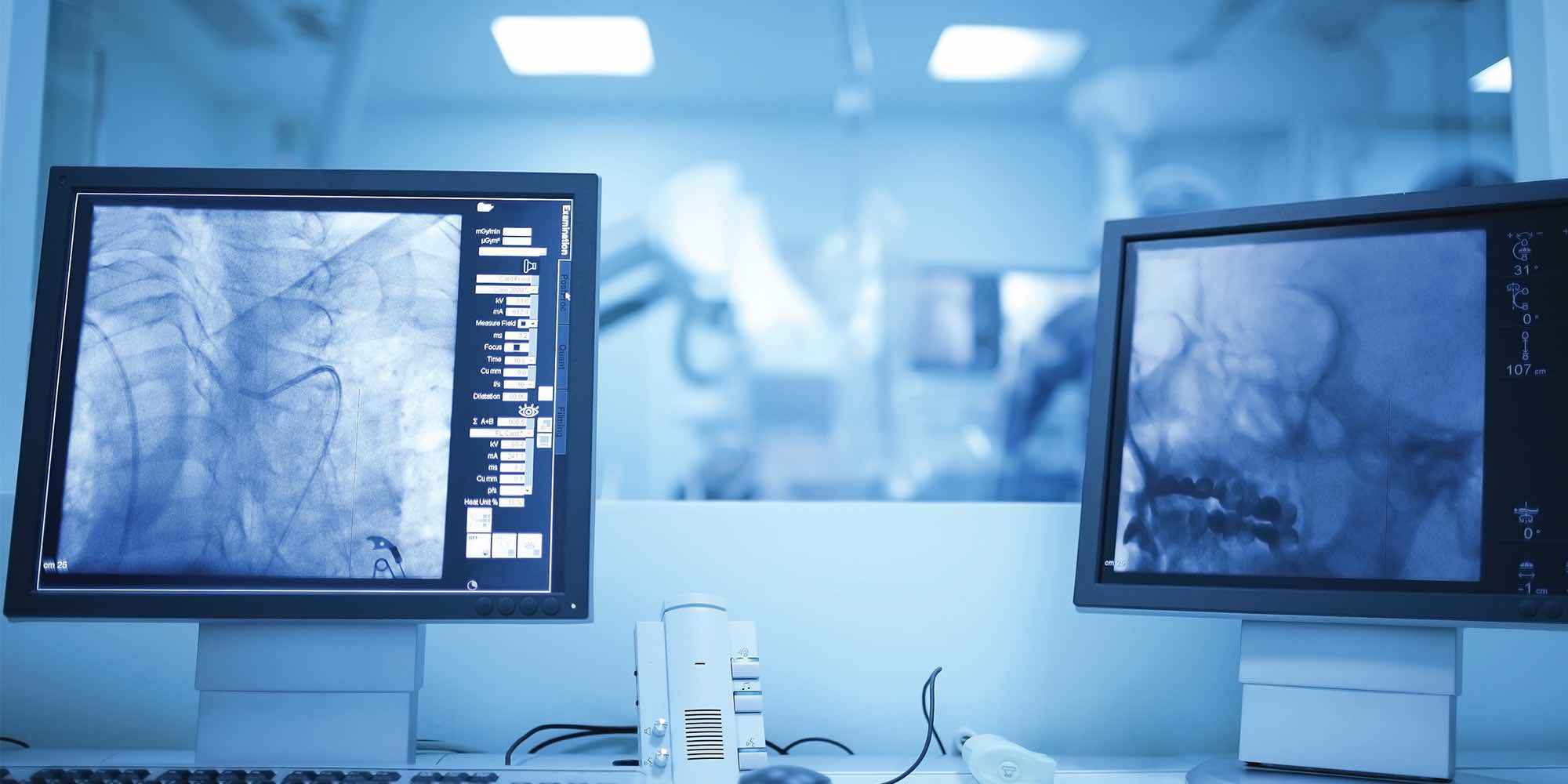Diagnosis and Testing
Exceptional heart care starts with a thorough evaluation, and that is precisely what you will find at St. Peter’s Health Partners. Whether it’s the early signs of heart disease or ongoing monitoring for chronic conditions, we are here for you. You will receive the tests that are best for your needs and accurate interpretations from trusted experts.
Why Choose St. Peter's Health Partners for Cardiac Testing and Diagnosis?
Heart exams enable us to assess heart structures and function. You have access to a broad range of options, including the latest imaging studies and procedures. We determine the tests that are right for you based on your medical history and symptoms. Emergency testing is available at all times of the day and night.
We make it easy to get the heart exams you need and help you have a less stressful experience. Our team takes time to explain what to expect and how testing fits into your overall care plan. Many options are available in our cardiovascular clinics, so you don’t have to worry about making additional appointments.
Looking For Test Results?
View test results once they are uploaded by your doctor.
How Can a Heart Exam Help Me?
We Use Cardiac Testing To:
- Evaluate heart disease symptoms to confirm or rule out a diagnosis
- Monitor your response to heart therapies
- Plan treatments, such as heart surgery or other procedures
- Screen for signs of heart conditions in people who have a history of heart disease or other risk factors
Types of Cardiac Testing We Offer
There are many ways to evaluate heart disease symptoms. Cardiac testing gives us the information necessary to deliver the treatments that are best for your circumstances. Our experts use a conservative approach, only recommending the tests we think you need.
Your comprehensive heart exam may include:
Physical Exam
- Asking you to describe your symptoms and how they are affecting daily activities
- Assessing blood circulation by checking your pulse, the appearance of your skin, and listening to blood flow using a stethoscope
- Evaluating risk factors, which include using tobacco, having a family history, and other medical conditions that contribute to heart disease
- Performing an eye exam to check for blood vessel damage.
Cardiac catheterization is a procedure that uses long tubes (catheters) and special X-rays to evaluate heart structures and function. Procedures may include special imaging studies, such as angiograms.
These tests include imaging studies that do not require procedures or incisions. Our nationally recognized services include many types of echocardiograms, tests that use sound waves to produce images. Additional options include heart CT scans, chest X-rays, and more. Find out more about cardiac imaging.
Blood Tests
We examine a blood sample to rule out conditions like kidney disease that cause symptoms similar to certain heart conditions. We also check for special proteins that occur when there is heart damage.
Genetic Testing
Heart conditions such as cardiomyopathy run in families. Genetic testing enables us to detect gene mutations that cause these issues. If you have a family history of an inherited heart condition, genetic testing lets you know how likely you are to develop the disease.
This test evaluates your lungs’ ability to take in oxygen and release carbon dioxide. It helps us assess heart disease complications affecting the lungs as well as other medical issues. We offer options that are not widely available in the Capital Region, including hydrogen breath testing for food intolerance. Find out more about pulmonary function testing.
Take the Next Step
Call 1-800-HEART-76 (1-800-432-7876) to find a heart specialist or learn more about cardiovascular care at St. Peter’s Health Partners.



